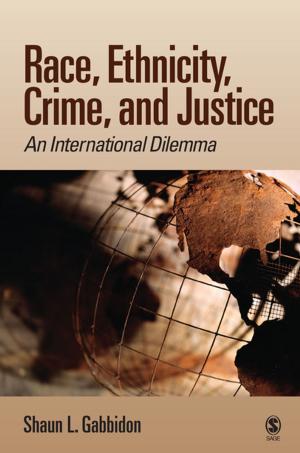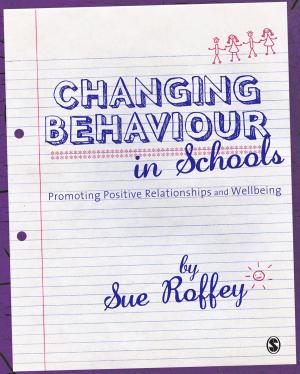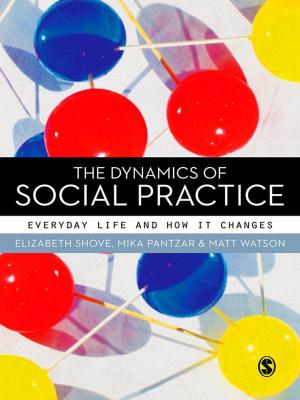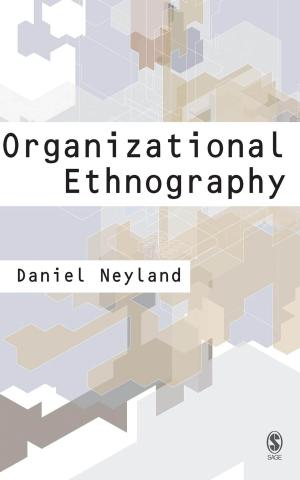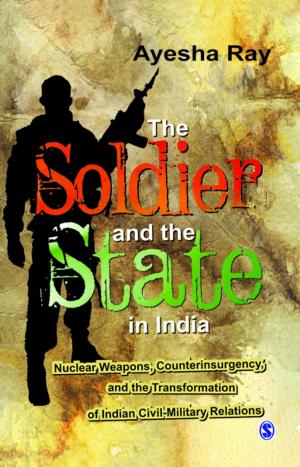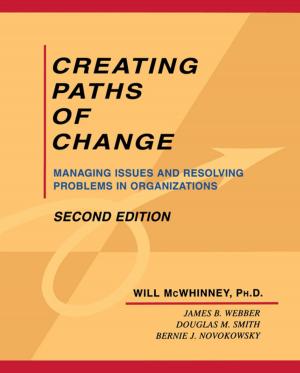The Identity Politics of Peacebuilding
Civil Society in War-Torn Sri Lanka
Nonfiction, Social & Cultural Studies, Political Science, Government, Social Policy, Reference & Language, Reference| Author: | Camilla Orjuela | ISBN: | 9789352801374 |
| Publisher: | SAGE Publications | Publication: | September 16, 2008 |
| Imprint: | Sage Publications Pvt. Ltd | Language: | English |
| Author: | Camilla Orjuela |
| ISBN: | 9789352801374 |
| Publisher: | SAGE Publications |
| Publication: | September 16, 2008 |
| Imprint: | Sage Publications Pvt. Ltd |
| Language: | English |
This book looks at civil society and peace movements in the context of the identity-based armed conflict in Sri Lanka. Focussing on the identity politics inherent in peace work, it demonstrates why civil society groups engaged in peace activities often fail to enhance the sense of security among civilians and are also unable to challenge the underlying structures of war. The book highlights the role peace organisations play in providing alternatives to dominant discourses of militarism. It draws on unique empirical material, including 150 interviews with leaders, participants and key actors involved in civil society peace work in Sri Lanka.
By critically examining the roles played by civil society actors for peace, The Identity Politics of Peacebuilding: Civil Society in War-torn Sri Lanka contributes to filling the gap between the international enthusiasm for supporting civil society peace work on the one hand, and the lack of a thorough understanding of the relevance and impact of this work on the other. The author uses a constructivist approach to point out the dangers of romanticising inter-ethnic understanding in peace work and ignoring identity politics within peace movements.
This book is a highly recommended reading for researchers, students and academics involved in the study of Politics, International Relations, Peace and Conflict Studies, and Sociology, as well as donor agencies, consultants, NGOs and peace activists.
This book looks at civil society and peace movements in the context of the identity-based armed conflict in Sri Lanka. Focussing on the identity politics inherent in peace work, it demonstrates why civil society groups engaged in peace activities often fail to enhance the sense of security among civilians and are also unable to challenge the underlying structures of war. The book highlights the role peace organisations play in providing alternatives to dominant discourses of militarism. It draws on unique empirical material, including 150 interviews with leaders, participants and key actors involved in civil society peace work in Sri Lanka.
By critically examining the roles played by civil society actors for peace, The Identity Politics of Peacebuilding: Civil Society in War-torn Sri Lanka contributes to filling the gap between the international enthusiasm for supporting civil society peace work on the one hand, and the lack of a thorough understanding of the relevance and impact of this work on the other. The author uses a constructivist approach to point out the dangers of romanticising inter-ethnic understanding in peace work and ignoring identity politics within peace movements.
This book is a highly recommended reading for researchers, students and academics involved in the study of Politics, International Relations, Peace and Conflict Studies, and Sociology, as well as donor agencies, consultants, NGOs and peace activists.

